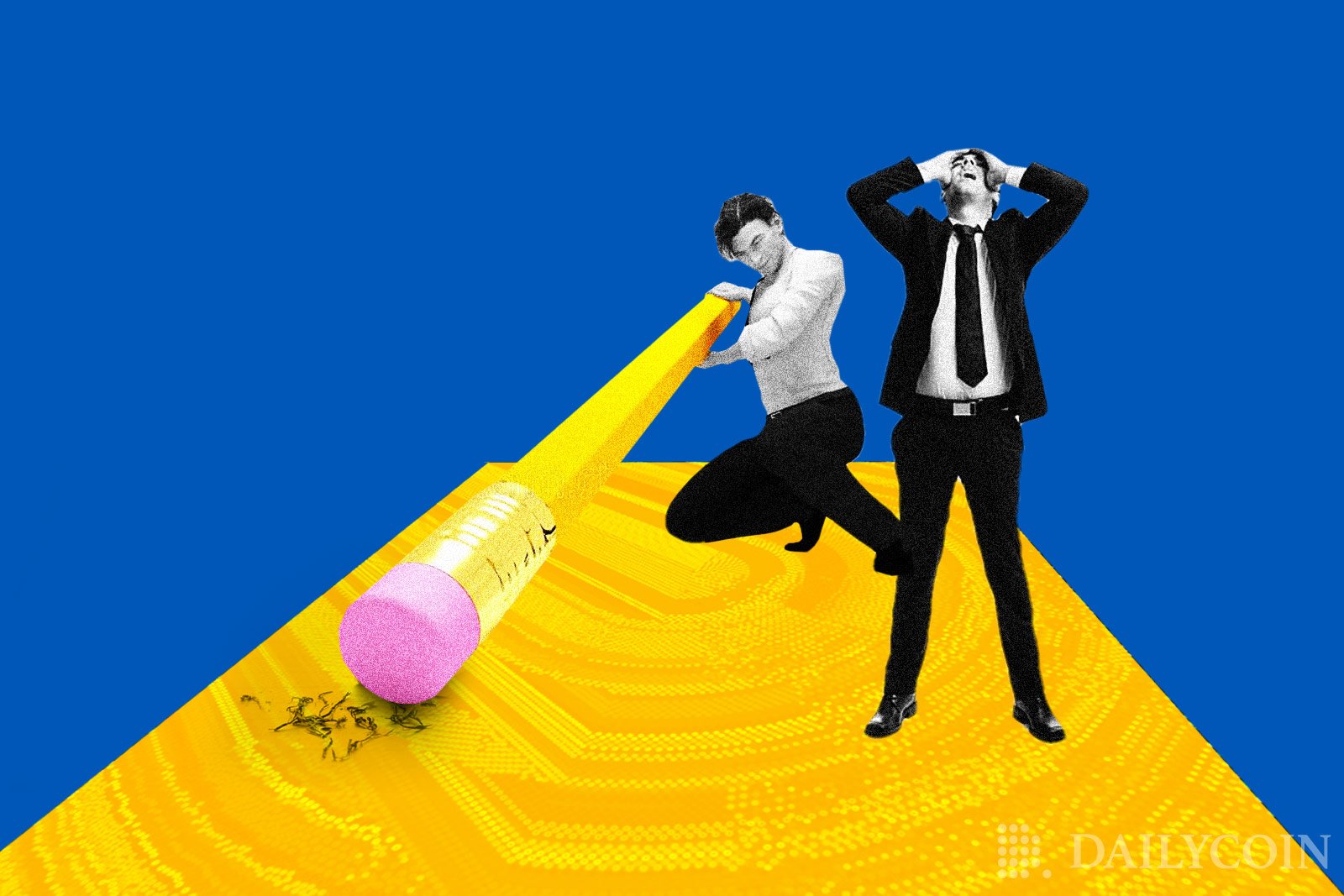
Last week proved to be a wild one for NFT creators, as the heated debate whether on not creator royalties should be mandatory divided the crypto community into two camps. The discussion opened as several high profile Solana (SOL) based NFT marketplaces, including leading Magic Eden, scrapped their obligatory NFT royalty policies, hanging digital artists out to dry.
0% royalties on Magic Eden.
— Joelongo (@SoyJeos) October 18, 2022
Personally I think it was a bad move, there are many good projects on the market that are based on royalties to generate profits and empower themselves
I remain faithful to the royalties, the project team deserves them for being builders#Underworld pic.twitter.com/WFfKtLL15o
0% Royalties on Magic Eden Raise Eyebrows
Vast swathes of crypto & NFT enthusiasts stepped in to voice their opinions, with leading NFT artist Tyler Hobbs openly stating that such a move could prove to be a “tragedy” for the overall NFT market.
The ‘QQL‘ NFT creator even suggested that “the serious artists and serious collectors tend to be in Ethereum (ETH), rather than on Solana (SOL). It’s a much better test of those systems, and I think creators will put up much more of a fight when it comes to Ethereum.”
Sponsored
The renowned digital artist, who also created the highly-successful ‘Art Blocks: Fidenza’ project, is referring to the fact that not many of the popular NFT marketplaces based on Solana (SOL) resisted the new policy. On the other hand, Ethereum’s (ETH) top NFT marketplace, OpenSea, held fast with royalties for creators, taking a different stance than Magic Eden.
QQL NFT & Fidenza Creator Takes a Stance
Tyler Hobbs made a name for himself in the digital art space with the generative algorithms behind the Art Fidenza NFT collection & the QQL NFT project. QQL algorithms enable enthusiasts with a QQL NFT pass to immortalize the digital art with the QQL creative tool using just a few simple steps. Unsurprisingly, the NFT art project has manaed to gross a massive $45 million in sales since its launch in September.
Sponsored
Tyler Hobbs asserts that the existance of NFT royalties was “one of the single largest, positive shifts that NFTs have opened up for artists compared to the traditional art markets”. The groundbreaking digital artist has sold NFTs into seven figure territory, and believes that creators should be given more power.
gm. Happy to mint #qql #129 celebrating my birthday(in my local time). Appreciate @tylerxhobbs & @dandelion_wist🙏🏻. Thank you so much @GrailersDAO and all frens who love #generative_art.😃👋 pic.twitter.com/Uyul9psbje
— Richleech (@Richleech2) October 17, 2022
On the Flipside
- Full enforcement of royalties may still be difficult to achieve on a technical level.
- Hobbs has started a QQL blacklist in order to protect creators’ rights, but the code is possible to overcome.
- Future smart contracts could enable more flexible royalty payment methods.
Why You Should Care
The royalties debate brings the ever-present sensitive cultural & social issue into the world of NFTs, and the outcome could well shape the fundamentals of Web 3.0.
Keep up to dat with the ever-changing world of NFTs:
